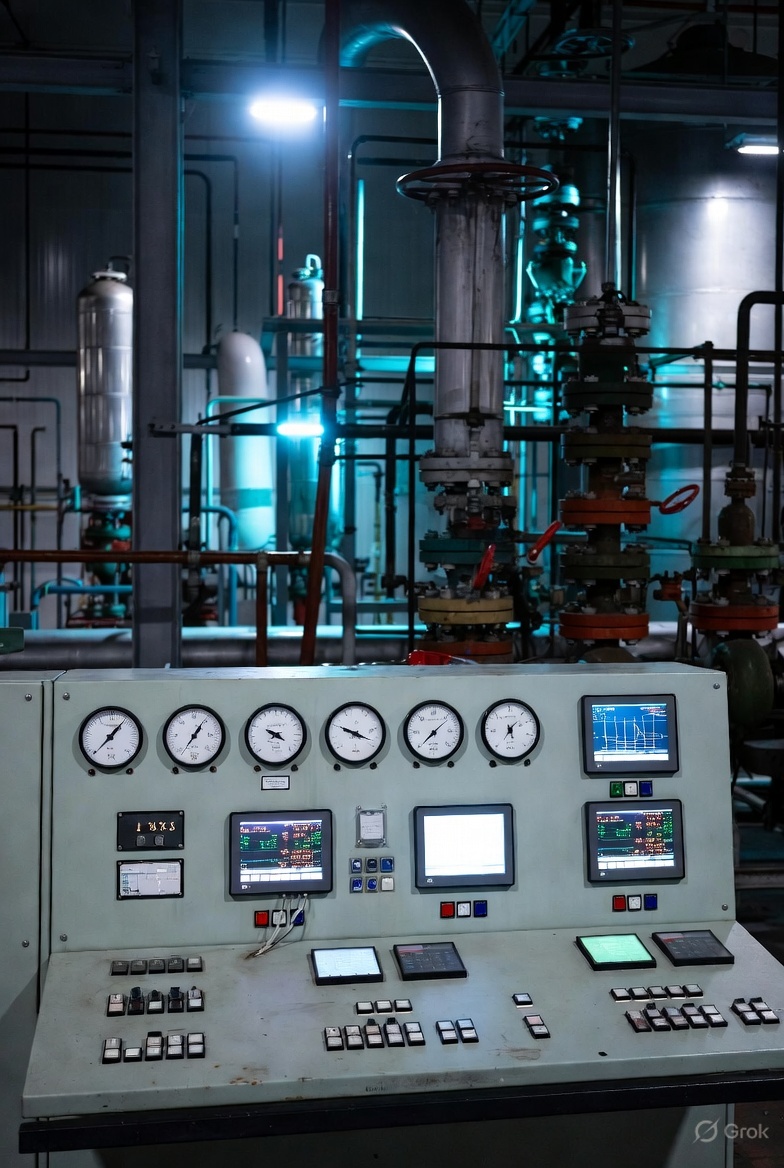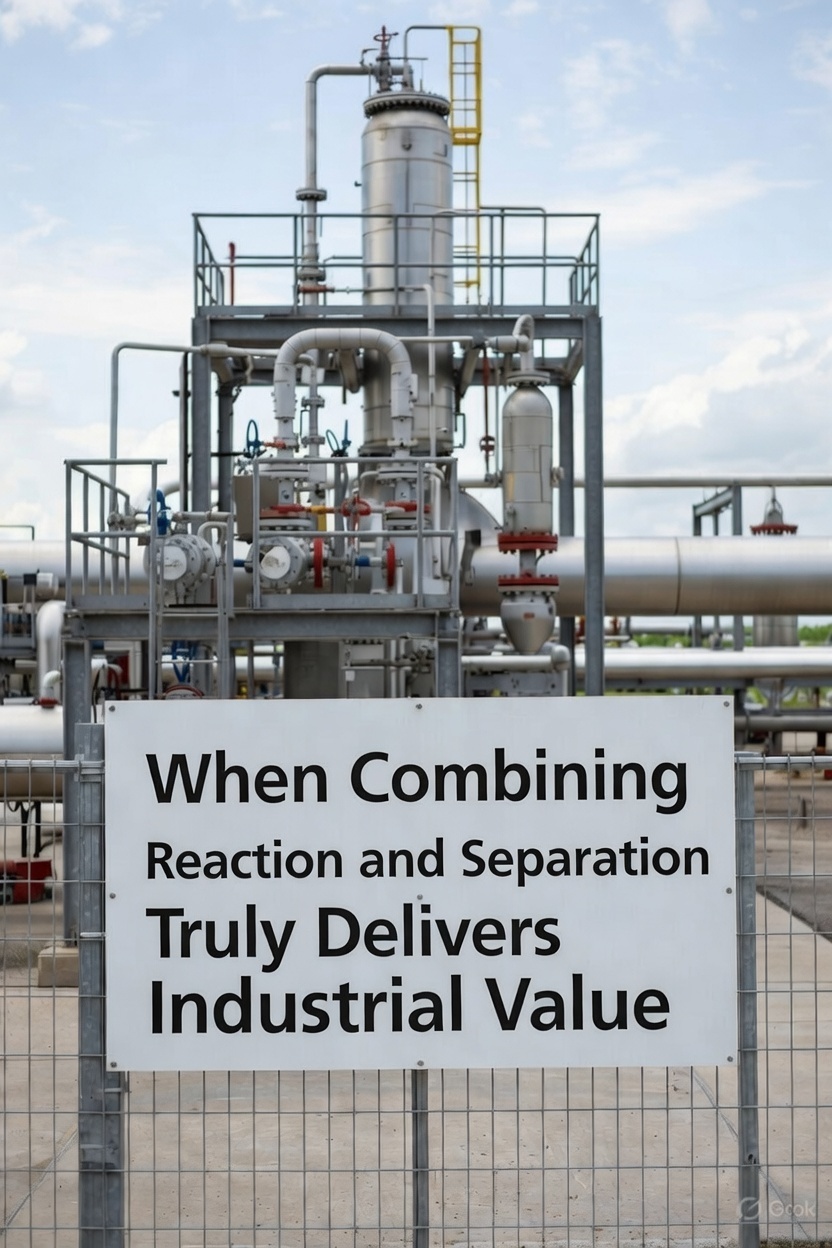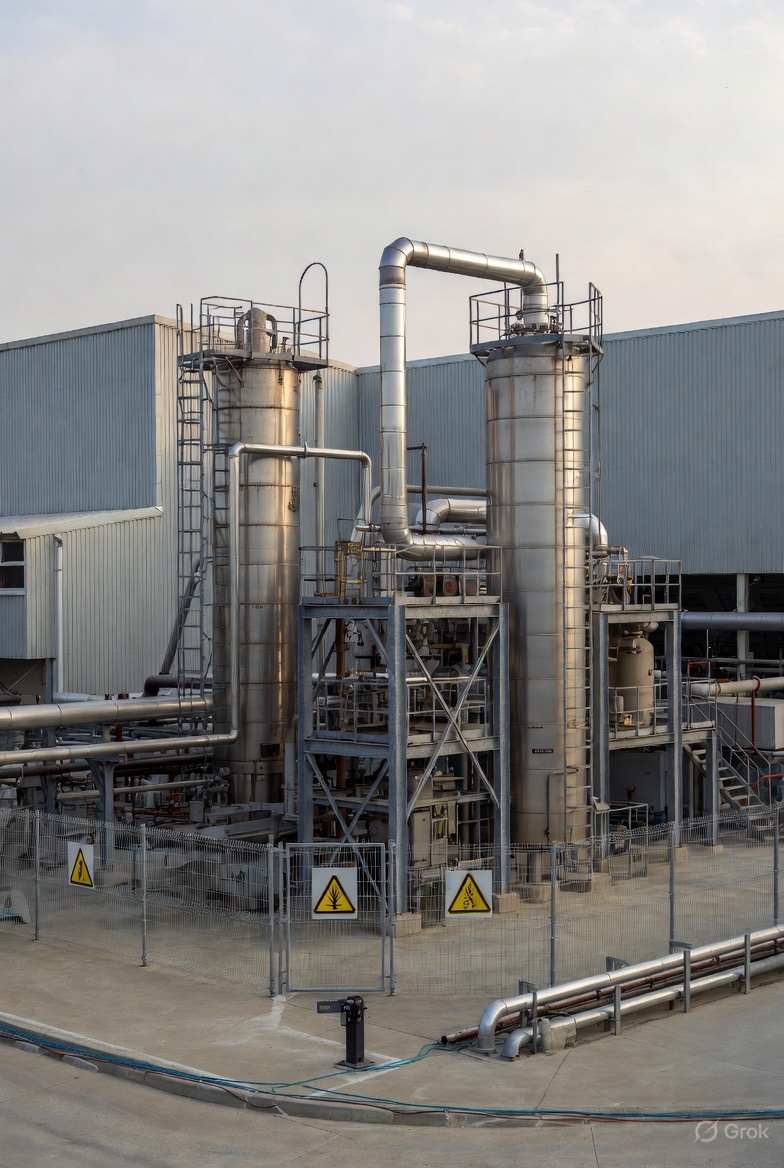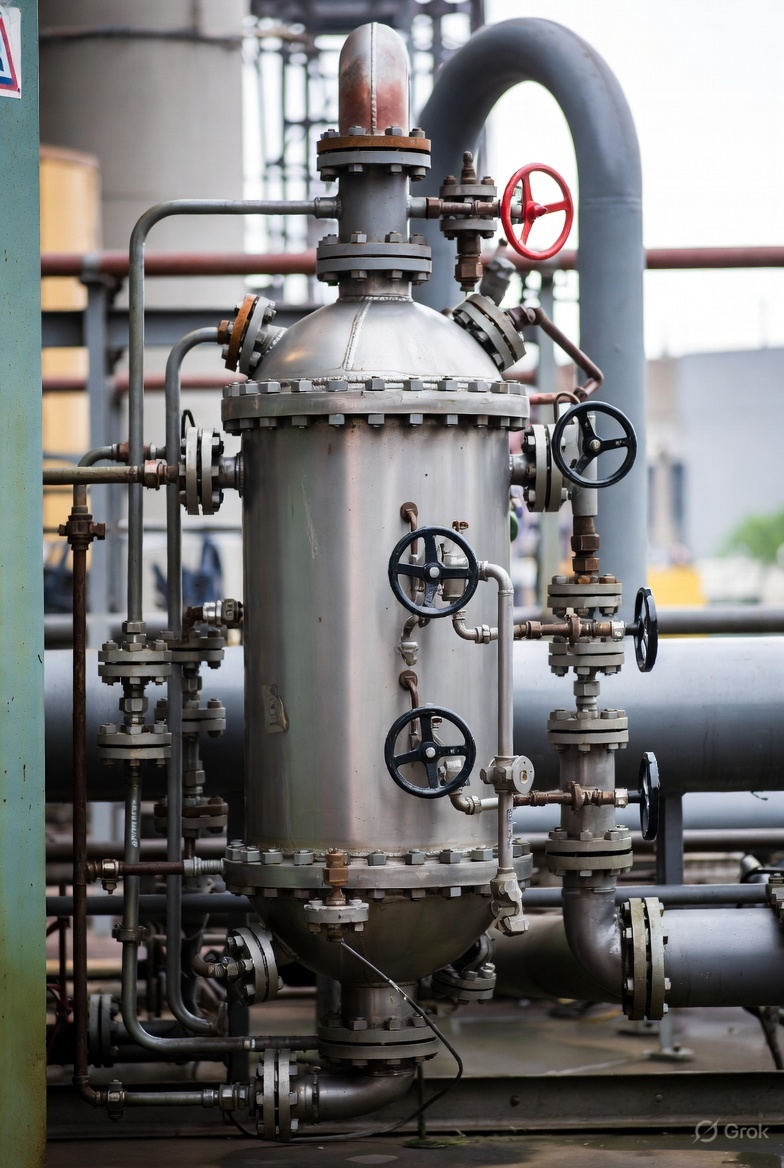Introduction
In today’s rapidly evolving technological landscape, interdisciplinary skills are not just desirable—they’re essential. One of the most compelling combinations gaining popularity is Chemical Engineering and Data Science. At first glance, these two fields may appear worlds apart: one rooted in chemistry, physics, and the principles of thermodynamics, and the other grounded in algorithms, coding, and statistical inference. However, the ongoing digital transformation in virtually every industry has created a significant overlap between the two. As organizations strive for higher efficiency, automation, and innovation, the demand for professionals who can navigate both chemical engineering systems and data-driven insights is growing rapidly.
So, can you do both? Absolutely. Not only is it possible, but it’s also a strategic and future-proof career move that opens doors across sectors like pharmaceuticals, energy, materials science, environmental technology, and beyond.
Exploring the Intersection
🔬 Where Chemical Engineering and Data Science Intersect
Chemical engineering has traditionally focused on the design, operation, and optimization of chemical and physical processes. From refining crude oil to synthesizing new drugs, chemical engineers play a central role in industrial innovation. However, these systems generate enormous volumes of data. Unfortunately, much of this valuable information has historically been underutilized due to the complexity and volume of the data involved. This is where data science enters the picture.
1. Process Optimization
In modern chemical manufacturing, efficiency, safety, and sustainability are critical. Data science enables chemical engineers to analyze large datasets collected from sensors, control systems, and historical operations. Machine learning (ML) models can identify trends and anomalies that traditional analysis might miss. For example, engineers can use ML algorithms to detect early warning signs of equipment failure, optimize the parameters of a distillation column, or minimize the energy usage of a heat exchanger network.
2. Modeling and Simulation
Traditional process modeling is based on first-principles equations such as mass and energy balances, thermodynamics, and kinetics. These models can be powerful but are often limited by the assumptions they rely on. Data science offers a complementary approach. Engineers can develop data-driven models that require fewer assumptions and adapt more readily to complex, real-world systems. These hybrid models are especially useful when experimental or pilot data are available but full theoretical understanding is lacking.
3. Quality Control and Assurance
Ensuring product consistency and meeting regulatory standards is non-negotiable in chemical manufacturing. Advanced data analytics tools, including Statistical Process Control (SPC) and predictive maintenance systems, allow for real-time quality monitoring. ML models can identify when a process is drifting out of control or predict potential defects before they occur, reducing waste and improving customer satisfaction.
4. Materials Informatics
Materials development used to be dominated by trial-and-error experimentation. Today, materials informatics leverages vast datasets of material properties, experimental outcomes, and simulation results to identify trends and predict new materials. Machine learning accelerates the discovery of advanced polymers, catalysts, and battery materials, helping researchers avoid costly experimental cycles.
5. Sustainability and Energy Management
Sustainability goals are becoming a priority across industries. Data science empowers engineers to optimize energy consumption, reduce emissions, and manage waste more effectively. By using predictive analytics and real-time monitoring, companies can improve their Environmental, Social, and Governance (ESG) scores and achieve compliance with increasingly stringent environmental regulations.
Building the Skillset
📅 How to Do Both: Bridging the Gap
Successfully combining chemical engineering with data science requires a blend of domain expertise and technical proficiency. Thankfully, with today’s online resources, bootcamps, and university programs, bridging this gap has never been more accessible.
Start with Your Strength
If you’re a chemical engineer, begin by learning the fundamentals of statistics, coding (especially Python), and data wrangling. Focus on tools that help you extract, clean, and analyze data from lab or plant operations. If you’re a data scientist, consider learning key chemical engineering concepts such as reaction kinetics, transport phenomena, and process dynamics. Understanding the physical systems behind the data adds tremendous value to your insights.
Learn Essential Tools
Programming Languages: Python (with libraries like Pandas, NumPy, Scikit-learn), R, and MATLAB.
Modeling Software: Aspen Plus, HYSYS, COMSOL Multiphysics.
Database Skills: SQL and working with structured data from plant control systems (e.g., via OPC or PI systems).
Visualization Tools: Power BI, Tableau, Matplotlib, and Seaborn for effective storytelling with data.
Take Advantage of Online Learning
Platforms like Coursera, edX, Udemy, and MIT OpenCourseWare offer beginner to advanced courses tailored to both engineering and data science backgrounds. Some excellent starting points include:
“Machine Learning” by Andrew Ng (Coursera)
“Data Science for Engineers” by IIT Madras (NPTEL)
“Chemical Engineering Data Analysis” on Udemy
“Statistics and Probability” courses on Khan Academy
Gain Practical Experience Through Projects
Nothing beats hands-on experience. Here are a few project ideas to get started:
Predictive Maintenance: Use ML to predict pump or compressor failures from vibration and temperature data.
Reactor Modeling: Train a neural network to simulate a Continuous Stirred Tank Reactor (CSTR).
Process Control: Implement a control algorithm for a batch distillation system using Python.
Material Screening: Use classification algorithms to identify promising materials for CO₂ capture.
Pursue Hybrid Job Roles
Hybrid roles are emerging rapidly in sectors like oil & gas, biotech, pharmaceuticals, and energy. Job titles include:
Data Scientist (Chemical Industry)
Process Optimization Engineer
Digital Transformation Specialist
Computational Materials Researcher
Advanced Analytics Engineer
These roles typically demand both engineering insight and data literacy—making your combined skill set a unique asset.
Career Opportunities
🚀 Career Advantages
Professionals who combine chemical engineering with data science stand to gain a host of benefits:
✅ High Demand: As industries modernize, the need for professionals who can interpret data within a chemical or physical context is rising.
💰 Higher Salaries: Hybrid skill sets command premium compensation due to their scarcity and value.
🌍 Global Opportunities: These roles are needed worldwide, from renewable energy startups to multinational pharma firms.
⚖️ Career Flexibility: You can pivot between roles in R&D, operations, IT, or sustainability.
💪 Strategic Influence: Data-savvy engineers are well-positioned to lead digital transformation projects within their organizations.
Real-World Impact
💡 Real-World Success Stories
Many companies have already embraced this interdisciplinary approach:
BASF has integrated predictive analytics into its R&D pipeline, accelerating chemical formulation development.
Shell leverages real-time data from refineries to dynamically adjust operating conditions for better energy efficiency.
Pfizer uses machine learning to streamline drug manufacturing and ensure regulatory compliance.
ExxonMobil invests in AI-driven modeling for subsurface characterization and drilling optimization.
Academic institutions are also responding with new programs such as:
MS in Data Science for Chemical Engineers (offered by select technical universities)
Research fellowships focusing on AI for Chemical Processes
Conclusion
So, can you do both chemical engineering and data science?
Absolutely. This combination is no longer a novelty—it’s quickly becoming a necessity in industries that thrive on innovation, sustainability, and data-driven decision-making. Whether you’re a student deciding on a specialization or a working professional looking to expand your impact, learning both disciplines can supercharge your career.
Start small: enroll in a data analytics course, automate data collection in your lab, or collaborate with a data team in your organization. Each step brings you closer to mastering the synergy between process engineering and analytical intelligence.
The road may be challenging, especially at the beginning, but the rewards—both professional and intellectual—make it a journey worth embarking on.













